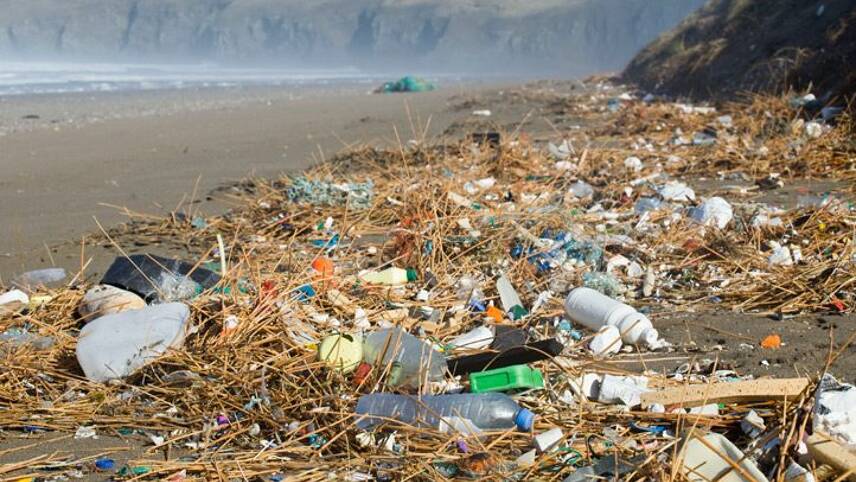Register for free and continue reading
Join our growing army of changemakers and get unlimited access to our premium content

Iceland has today published its own plastic footprint
The campaigners want businesses to report on annual consumption of plastics, in order to better tackle plastic pollution both in the UK and globally. In fact, the organisations are calling on the UK Government to enforce mandatory reporting on plastic packaging and progress updates on plastic reduction targets.
The call is being supported by the Environmental Investigation Agency, which together with Greenpeace produces an annual survey on plastic usage by supermarkets, and by Keep Britain Tidy and international development charity Tearfund.
Iceland’s managing director Richard Walker said: “Our message is clear. Without transparency, and government enforced reduction targets, we will not be able to judge whether business actions are delivering real progress.
“That is why today Iceland is calling on retailers and other businesses to step up and commit to publishing their total plastic packaging transparently, including both own label and branded products. For several years now, businesses have been using incomplete information to represent the scale of their plastic packaging, their commitments to change, and the progress being made. We will all be better served by a more accurate and transparent picture on this issue.”
The groups claim that mandatory reporting would be “straightforward” for businesses, as they are already partaking in the Packaging Recovery Note (PRN) compliance scheme. The UK Government is currently exploring an overhaul to existing Extended Producer Responsibility (EPR) requirements.
Defra will aim to boost recycling levels by introducing a consistent set of recyclable material for collection. This would be funded by industry through EPR for packaging, which the Government believes will raise between £0.5bn-£1bn a year for recycling and disposal. By the end of 2025, EPR could also be extended to hard-to-recycle materials such as textiles, fishing gear, vehicle tyres, certain materials from construction, and bulky waste such as mattresses, furniture and carpets.
Specifically on plastics though, around 22% of plastics are recycled in the UK. A “war on plastics” has emerged that has seen numerous companies pledge to eliminate unnecessary forms of single-use plastics ahead of the UK’s deadline enshrined into the 25-Year Environment Plan.
Iceland is one such company that has committed to combatting plastics use, pledging to remove all plastics from own-label product packaging by 2023. The retailer has publicised that it now uses 29% less plastics in these applications than it did in 2018.
Iceland has today published its own plastic footprint, which totals 32,000 tonnes across its UK and international operations. The company will update these figures on an annual basis.
Some companies have started disclosing data on plastic voluntary. Cola-Cola, for example, is one of the major plastic users that has started disclosing data to the Ellen MacArthur Foundation’s New Plastics Economy Global Commitment, who’s spring 2019 report found that Coca-Cola used three million tonnes of plastic in its global operations in 2018. This figure accounts for both virgin and recycled plastics.
The company was named as the world’s largest corporate plastic polluter last year, in a report from Greenpeace, but is committing to redesigning the value chain of its bottles to create a world without waste.
A Plastic Planet co-founder Sian Sutherland added: “For years UK supermarkets have been hiding behind half-truths and incomplete data, never fully disclosing the enormous scale of the plastic within their own businesses.
“This bold move by Iceland must quickly be adopted by all UK retailers. If the retailers use their collective might, the brands will soon have to follow and we will finally see some real plastic reduction rather than yet more pacts and pledges. Should retailers not volunteer to do the right thing now, Whitehall must move quickly to make transparent plastic reporting a legal requirement.”
Matt Mace


Please login or Register to leave a comment.